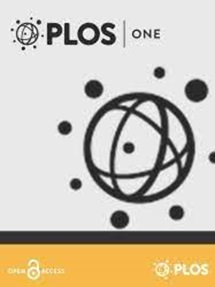2-Hydroxypropyl-β-Cyclodextrin Acts as a Novel Anticancer Agent
Abstract
2-Hydroxypropyl-β-cyclodextrin (HP-β-CyD) is a cyclic oligosaccharide that is widely used as an enabling excipient in pharmaceutical formulations, but also as a cholesterol modifier. HP-β-CyD has recently been approved for the treatment of Niemann-Pick Type C disease, a lysosomal lipid storage disorder, and is used in clinical practice. Since cholesterol accumulation and/or dysregulated cholesterol metabolism has been described in various malignancies, including leukemia, we hypothesized that HP-β-CyD itself might have anticancer effects. This study provides evidence that HP-β-CyD inhibits leukemic cell proliferation at physiologically available doses. First, we identified the potency of HP-β-CyD in vitro against various leukemic cell lines derived from acute myeloid leukemia (AML), acute lymphoblastic leukemia and chronic myeloid leukemia (CML). HP-β-CyD treatment reduced intracellular cholesterol resulting in significant leukemic cell growth inhibition through G2/M cell-cycle arrest and apoptosis. Intraperitoneal injection of HP-β-CyD significantly improved survival in leukemia mouse models. Importantly, HP-β-CyD also showed anticancer effects against CML cells expressing a T315I BCR-ABL mutation (that confers resistance to most ABL tyrosine kinase inhibitors), and hypoxia-adapted CML cells that have characteristics of leukemic stem cells. In addition, colony forming ability of human primary AML and CML cells was inhibited by HP-β-CyD. Systemic administration of HP-β-CyD to mice had no significant adverse effects. These data suggest that HP-β-CyD is a promising anticancer agent regardless of disease or cellular characteristics.





